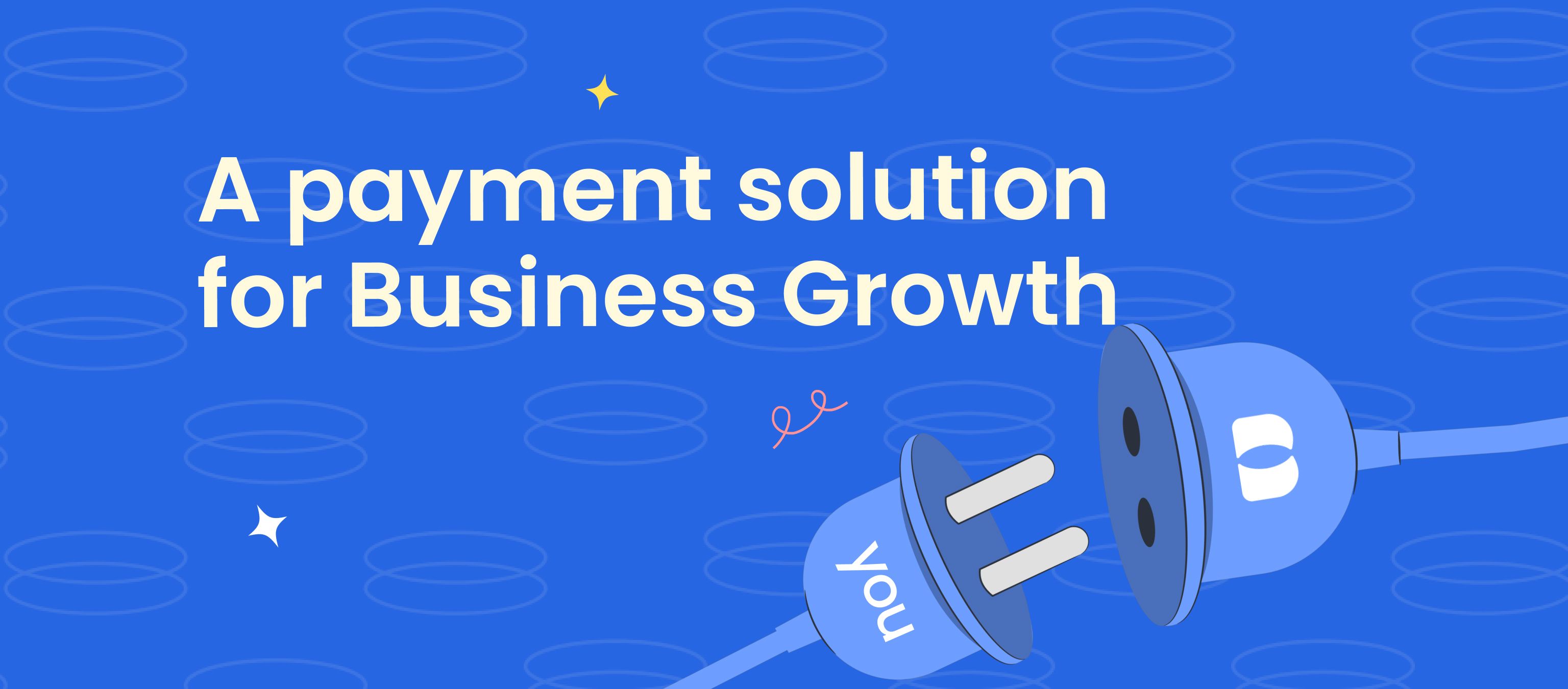How Bankly’s API enables payments for businesses

Admin | November 30, 2023
3 minutes read
During the COVID-19 pandemic, businesses were forced to enhance their online presence, and this transformation resulted in a notable increase in internet users and widespread use of smartphones in Nigeria. Concurrently, there was a rise in the adoption of online payment methods. For example, the e-commerce sector experienced a remarkable boost, since stores were closed, consumers turned to online platforms for essential goods which increased the reliance on online payments.
Telehealth services gained prominence, with Nigerians embracing online consultations and health-related services, necessitating the integration of online payment for billing.
Fintech innovation responded to the heightened demand, with companies developing user-friendly web and mobile applications and secured payment solutions. The pandemic-induced changes in consumer behaviour entrenched the adoption of online payment as an integral aspect of everyday transactions. Businesses now know that a user-friendly payment integration to their platform is not just a technical component; it is a critical part of the overall customer experience, and it contributes to the success of businesses in Nigeria. Therefore, companies are always looking for a good payment solution that aligns with the specific needs and preferences of their target audience.
Why companies in various sectors integrate payment solutions into their platforms
Fintech: Fintech platforms often require payment solutions to facilitate transactions; and help merchants accept payment. Payment methods like credit/debit cards, bank transfers, and digital wallets. Value-added services like bill payments, ticket bookings etc can be done via web or mobile applications.
Digital Lenders: Digital lending platforms need efficient payment systems for loan disbursements and collections. Payment solutions help streamline the lending process, making it convenient for borrowers to make payments through preferred channels.
Health Tech: Health tech companies often integrate payment functionality for services such as health insurance payments, and online pharmacy payments. Integration can involve compliance with healthcare regulations to ensure the security and privacy of patient information.
E-commerce: E-commerce platforms heavily rely on payment gateways to enable online purchases. Integration includes supporting multiple payment options, such as credit cards, digital wallets, and Buy Now Pay Later (BNPL) services. Ensuring a seamless and secure checkout process is crucial to enhance customer satisfaction.
Agritech: Agritech companies may integrate payment gateways for services like online agricultural product sales, subscription-based farming models, or equipment rentals. The integration may include features like recurring payments for subscription services or one-time transactions for product purchases.
Edtech: Edtech platforms integrate payment gateways for course fees, subscription plans, or other educational services. Ease of payment and a user-friendly interface is essential to cater to a diverse user base, including students and educators.
Food Delivery: Food delivery services integrate payment gateways for online orders and transactions. Integration includes features such as real-time payment confirmation, support for various payment methods, and secure storage of customer payment details.
In all sectors, security, compliance with regulations and a user-friendly experience are paramount considerations when integrating payment solutions. Additionally, ensuring seamless communication between the platform and the payment solution is crucial for real-time transaction processing and minimizing potential issues.
How does Bankly help companies to provide payments to customers?
With the rise in digital adoption, enabling and simplifying financial transactions will be a key component for the success of business-focused Platforms. Introducing Bankly BaaS (Banking as a service) – a bouquet of API products enables businesses to unlock seamless payment experiences and drive growth.
Here is how this product helps businesses accept digital payment seamlessly.
Faster go-to-market: No need to obtain a banking license which involves rigorous assessments of financial stability, governance structures, and compliance with regulatory requirements. With our compliant payment solution, you are all set to hit the market with no stress.
Quick and secure integration: It is easy and safe to connect your platforms to our fast and secure services to seamlessly facilitate payment collection for your businesses from end users.
Select settlement style: Our APIs are designed to provide you with different settlement options tailored to your preferences, including the convenience of instant settlement.
Seamless payment experience for Customers: We enhance customer satisfaction by ensuring comprehensive coverage of multiple payment modes on your platform, mitigating the risk of drop-offs caused by payment mode unavailability. This inclusivity promotes a seamless user experience, fostering increased conversions and customer loyalty.
Low transaction fees: We enable companies to deliver seamless payment experiences to customers while reducing transaction costs and increasing revenue. With features like virtual account creation, transfer, and bill payments, our solution streamlines financial operations and improves customer satisfaction.
Ready to get started with Bankly API? Start by signing up for a Corporate Partner HERE.
Bankly Microfinance Bank is a lifestyle bank that provides everyday people with valuable financial solutions to move them forward through the different stages of life. Since operations in 2019, Bankly has been the preferred choice of over 12 million individuals and enterprises in Nigeria, facilitating their financial growth through banking solutions that make business sense. The bank is licensed by the Central Bank of Nigeria (CBN), protected by the Nigeria Deposit Insurance Company (NDIC), and registered with the National Association of Microfinance Banks (NAMB).
